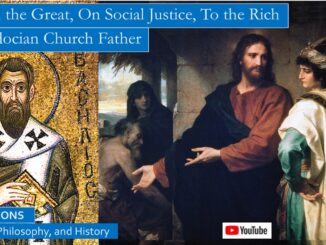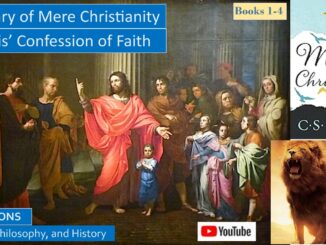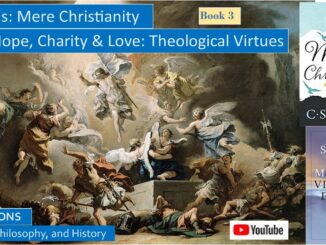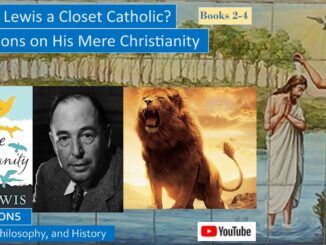
St Basil the Great, On Social Justice, His Homily to the Rich
St Basil speaks to the Rich Young Man: “It is thus evident that you are far from fulfilling the commandment, and that you bear false witness within your own soul that you have loved your neighbor as yourself. Look, the Lord’s offer shows just how distant you are from true love! For it what you say is true, that you have kept from your youth the commandment of love and have given to everyone the same as to yourself, then how did you come by this abundance of wealth?”
“The more you abound in wealth, the more you lack in love. If you had truly loved your neighbor, it would have occurred to you long ago to divest yourself of this wealth. But now your possessions are more a part of you than the members of your own body, and separation from them is as painful as the amputation of one of your limbs.”
St Basis warns the wealthy: If you have “sound judgment, you should should recognize that you have received wealth as a stewardship, and not for your own enjoyment; thus, when you are parted from it, you rejoice as those who relinquish what is not really theirs, instead of becoming downcast like those who are stripped of their own.” […]



